Exhibition dates: 14th January – 26th April 2015
Pieter Hugo (South African, b. 1976)
Green Point Common, Capetown
2013
© Pieter Hugo
Courtesy Stevenson Gallery, Capetown/Johannesburg and Yossi Milo, New York
At this moment in time, I believe that Pieter Hugo is one of the best photographers in the world.
Approaching photography with a keen awareness of the problems inherent in pointing a camera at anything, Hugo’s latest series Kin is a tour de force where concept meets clarity of vision and purpose; where a deep suspicion of photography and what it can accurately portray is used in the most incisive way to interrogate identity formation and power structures, colonisation, racial diversity and economic disparity in Hugo’s homeland of South Africa. This is intelligent, beautiful, focused art.
While there is a deep suspicion about what photography can achieve, Hugo uses that suspicion… and balances it with sensitivity, respect and dignity towards subject. An enquiring mind coupled with a wonderful eye, fantastic camera position and understanding of his colour palette complete the picture. These are beautiful, classical and yes, iconic images. Not for Hugo the interchangeability of so much contemporary photobook photography, where one image, one artist, can be replaced by another with no discernible difference in feeling or form. Where single images, whole series of work even, mean very little. The re/place ability of so much post-photography.
Just look at those eyes and face in Daniel Richards, Milnerton (2013, below), eyes that bore right through you; or the human being in At a Traffic Intersection, Johannesburg (2011, below) and tell me you’re not moved. Hugo is one of the brightest of stars in the photographic firmament.
Dr Marcus Bunyan
.
Many thankx to the Fondation Henri Cartier-Bresson for allowing me to publish the photographs in the posting. Please click on the photographs for a larger version of the image.
Pieter Hugo (South African, b. 1976)
Loyiso Mayga, Wandise Ngcama, Lunga White, Luyanda Mzanti and Khungsile Mdolo after their initiation ceremony, Mthatha
2008
© Pieter Hugo
Courtesy Stevenson Gallery, Capetown/Johannesburg and Yossi Milo, New York
Pieter Hugo (South African, b. 1976)
Outside Pretoria
2013
© Pieter Hugo
Courtesy Stevenson Gallery, Capetown/Johannesburg and Yossi Milo, New York
Pieter Hugo (South African, b. 1976)
Thoba Calvin and Tshepo Cameron Sithole-Modisane, Pretoria
2013
© Pieter Hugo
Courtesy Stevenson Gallery, Capetown/Johannesburg and Yossi Milo, New York
Pieter Hugo (South African, b. 1976)
Hilbrow
2013
© Pieter Hugo
Courtesy Stevenson Gallery, Capetown/Johannesburg and Yossi Milo, New York
Created over the past eight years, Pieter Hugo’s series Kin confronts complex issues of colonisation, racial diversity and economic disparity in Hugo’s homeland of South Africa. These subjects are common to the artist’s past projects in Nigeria, Ghana, Liberia and Botswana; however, this time, Hugo’s attention is focused on his conflicted relationship with the people and environs closest to home. Hugo depicts locations and subjects of personal significance, such as cramped townships, contested farmlands, abandoned mining areas and sites of political influence, as well as psychologically charged still lives in people’s homes and portraits of drifters and the homeless. Hugo also presents intimate portraits of his pregnant wife, his daughter moments after her birth and the domestic servant who worked for three generations of Hugo’s family. Alternating between private and public spaces, with a particular emphasis on the growing disparity between rich and poor, Kin is the artist’s effort to locate himself and his young family in a country with a fraught history and an uncertain future.
Text from the Fondation Henri-Cartier Bresson website
“I have a deep suspicion of photography, to the point where I do sometimes think it cannot accurately portray anything, really. And, I particularly distrust portrait photography. I mean, do you honestly think a portrait can tell you anything about the subject? And, even if it did, would you trust what it had to say?… It sounds extreme, but for me to work at all as a photographer, I have to be conscious always of the problems inherent in what I do. I have to be conscious, if you like, of the impossibility of photography…
I matriculated at the end of apartheid and the photographs I grew up looking at were directly political in that they attempted to reveal, or change, what was happening. Back then, the lines were clear. You tried to tell the world what was going on with your photographs. It’s much more complex now. I am of a generation that approaches photography with a keen awareness of the problems inherent in pointing a camera at anything.
My homeland is Africa, but I’m white. I feel African, whatever that means, but if you ask anyone in South Africa if I’m African, they will almost certainly say no. I don’t fit into the social topography of my country and that certainly fuelled why I became a photographer.”
.
Pieter Hugo quoted in Sean O’Hagan. “Africa as you’ve never seen it,” on the Guardian website 20th July 2008 [Online] Cited 24/02/2015
Pieter Hugo (South African, b. 1976)
The Miners’ Monument, Braamfontein
2013
© Pieter Hugo
Courtesy Stevenson Gallery, Capetown/Johannesburg and Yossi Milo, New York
From January 14th to April 26th, Fondation HCB is showing Kin, the last project of the south-african photographer Pieter Hugo. Through landscapes, portraits and still life photography exhibited for the first time in France, the photographer offers a personal exploration of South Africa. The exhibit, accompanied by a book published by Aperture is coproduced with Foto Colectania Foundation, Barcelone and Stevenson Gallery, Cape Town/Johannesburg.
Created over the past eight years, Pieter Hugo’s series Kin confronts complex issues of colonisation, racial diversity and economic disparity in Hugo’s homeland of South Africa. These subjects are common to the artist’s past projects in Nigeria, Ghana, Liberia and Botswana; however, this time, Hugo’s attention is focused on his conflicted relationship with the people and environs closest to home.
Hugo depicts locations and subjects of personal significance, such as cramped townships, contested farmlands, abandoned mining areas and sites of political influence, as well as psychologically charged still lives in people’s homes and portraits of drifters and the homeless. Hugo also presents intimate portraits of his pregnant wife, his daughter moments after her birth and the domestic servant who worked for three generations of Hugo’s family. Alternating between private and public spaces, with a particular emphasis on the growing disparity between rich and poor, Kin is the artist’s effort to locate himself and his young family in a country with a fraught history and an uncertain future.
“South Africa is such a fractured, schizophrenic, wounded and problematic place. It is a very violent society and the scars of colonialism and Apartheid run deep. Issues of race and cultural custodianship permeate every aspect of society here and the legacy of Apartheid casts a long shadow … How does one live in this society? How does one take responsibility for history, and to what extent does one have to? How do you raise a family in such a conflicted society? Before getting married and having children, these questions did not trouble me; now, they are more confusing. This work attempts to address these questions and to reflect on the nature of conflicting personal and collective narratives. I have deeply mixed feelings about being here. I am interested in the places where these narratives collide. ‘Kin’ is an attempt at evaluating the gap between society’s ideals and its realities.”
Biography
Born in Johannesburg in 1976, Pieter Hugo grew up in Cape Town where he currently lives. His work is held in the permanent collections of The Metropolitan Museum of Art, New York; Museum of Modern Art, New York; J. Paul Getty Museum, Los Angeles; San Francisco Museum of Modern Art; Musée de l’Elysée, Lausanne; Huis Marseille, Amsterdam; and the Victoria and Albert Museum, London, among others. He is the winner of numerous awards, including in 2008 the KLM Paul Huf Award and the Discovery Award at Rencontres d’Arles. He won the Seydou Keita Award at the ninth Rencontres de Bamako African Photography Biennial, Mali, in 2011, and was short-listed for the 2012 Deutsche Börse Photography Prize.
Press release from the Fondation Henri Cartier-Bresson
Pieter Hugo (South African, b. 1976)
Inside the Bester’s home, Vermaaklikheid
2013
© Pieter Hugo
Courtesy Stevenson Gallery, Capetown/Johannesburg and Yossi Milo, New York
Pieter Hugo (South African, b. 1976)
At a Traffic Intersection, Johannesburg
2011
© Pieter Hugo
Courtesy Stevenson Gallery, Capetown/Johannesburg and Yossi Milo, New York
Used under fair use conditions for the purposes of academic comment and criticism
Pieter Hugo (South African, b. 1976)
Daniel Richards, Milnerton
2013
© Pieter Hugo
Courtesy Stevenson Gallery, Capetown/Johannesburg and Yossi Milo, New York
Pieter Hugo (South African, b. 1976)
Daniela Beukman, Milnerton
2013
© Pieter Hugo
Courtesy Stevenson Gallery, Capetown/Johannesburg and Yossi Milo, New York
Pieter Hugo (South African, b. 1976)
Ann Sallies, who worked for my parents and helped raise their children, Douglas
2013
© Pieter Hugo
Courtesy Stevenson Gallery, Capetown/Johannesburg and Yossi Milo, New York
Fondation Henri Cartier-Bresson
79 rue des Archives
75003 Paris
Opening hours:
Tuesday – Sunday
11am – 7pm
Closed on Mondays
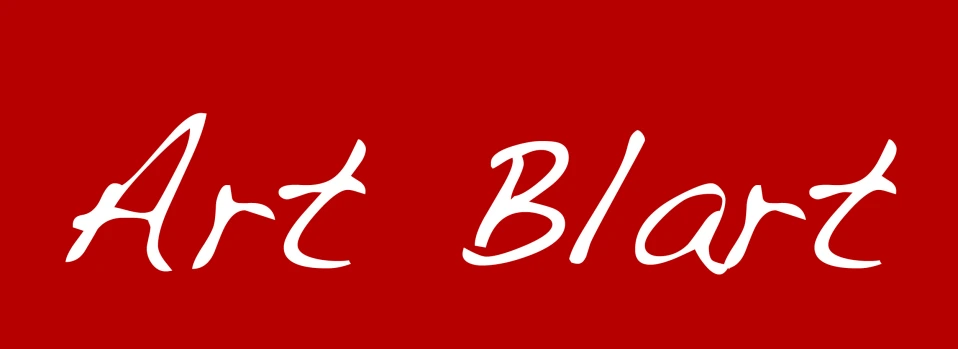
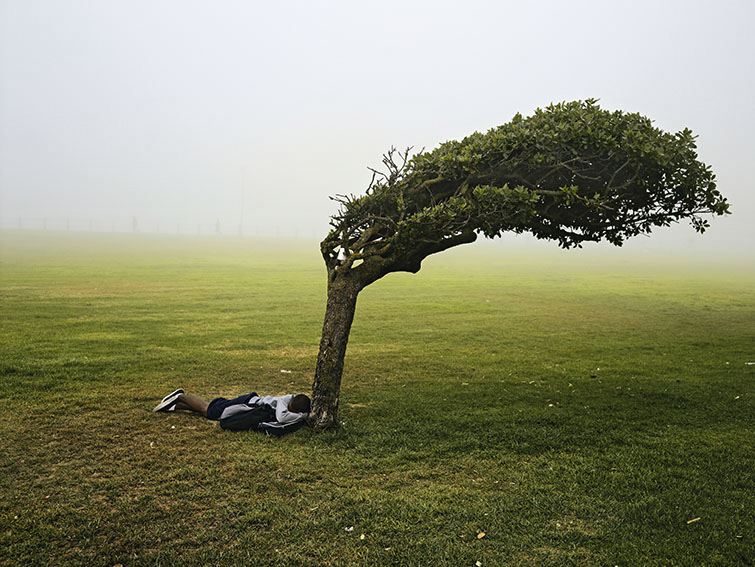
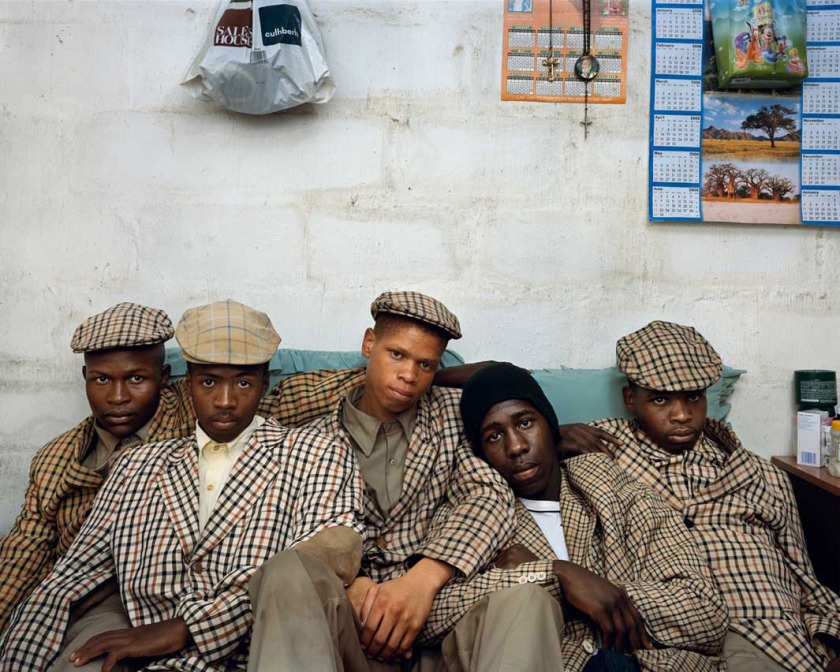
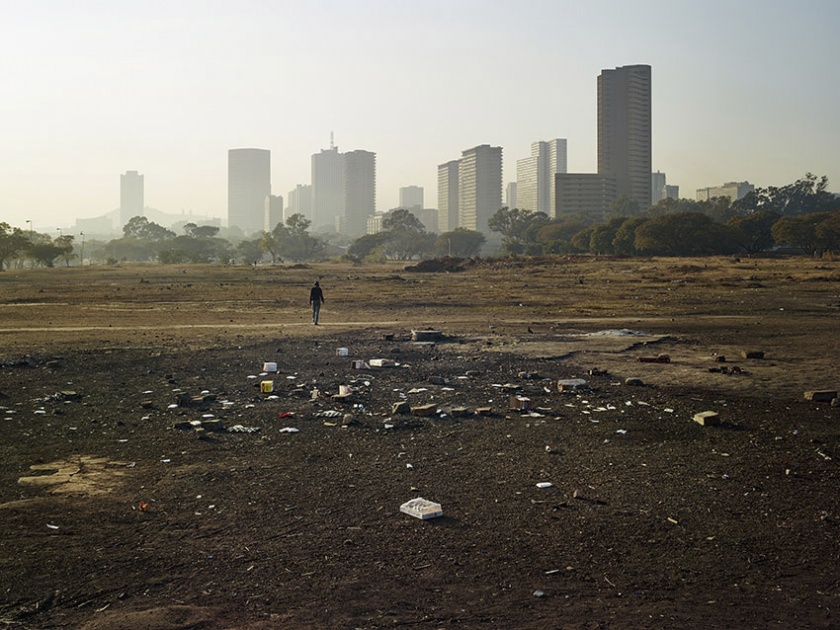
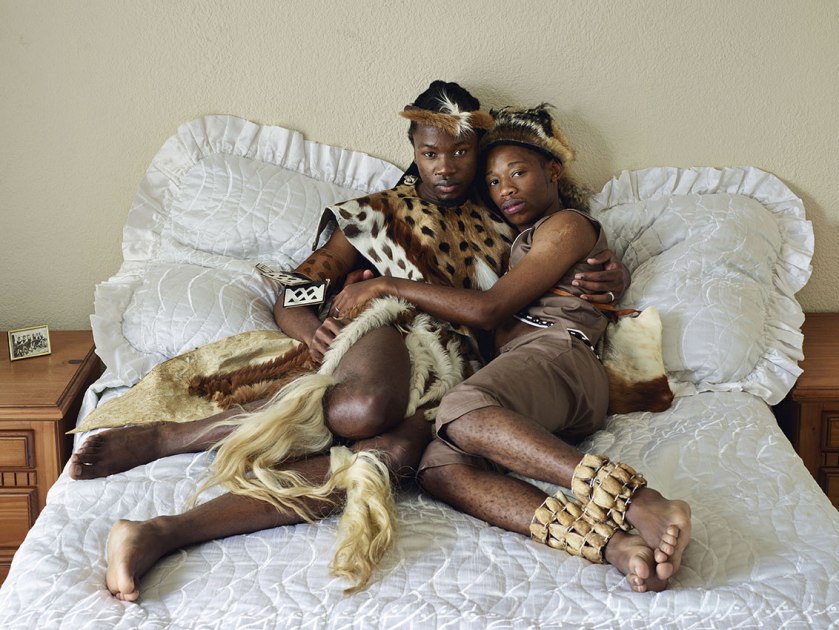
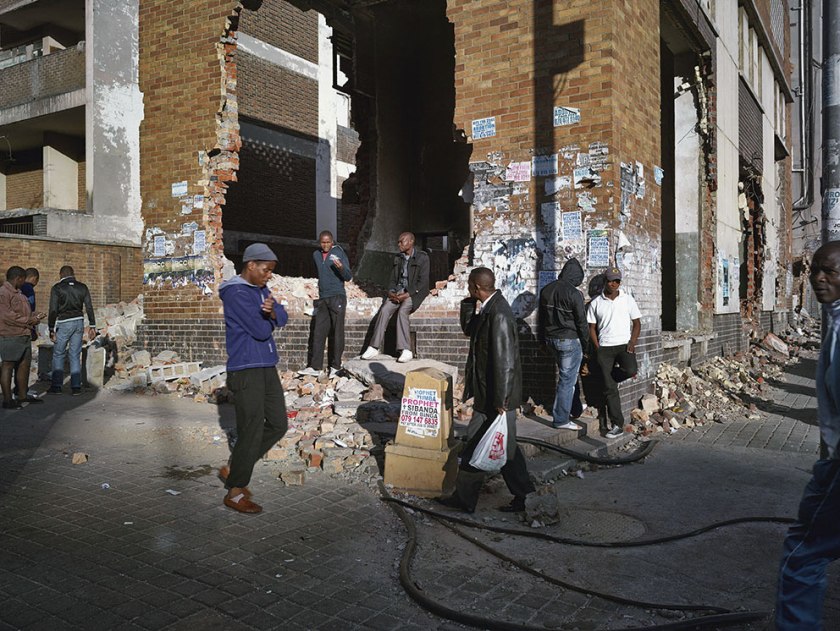
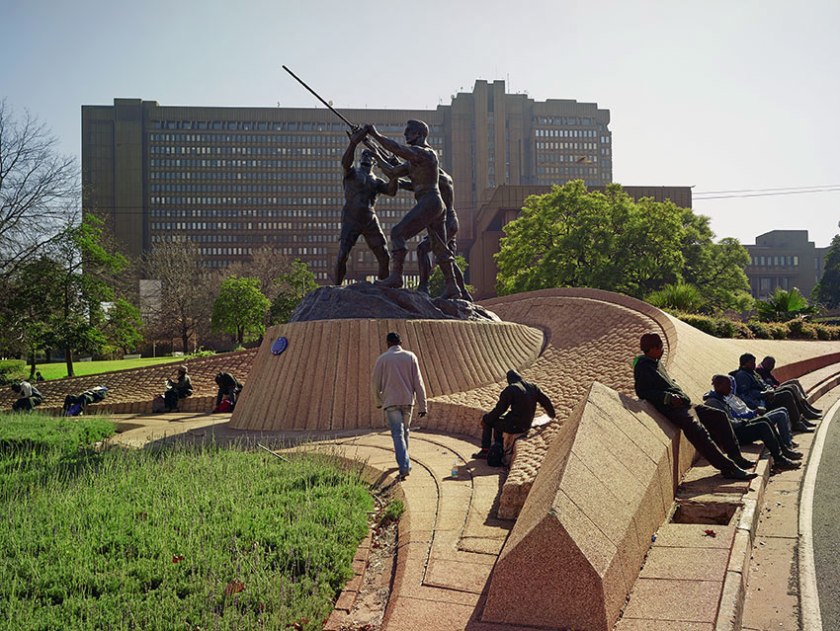
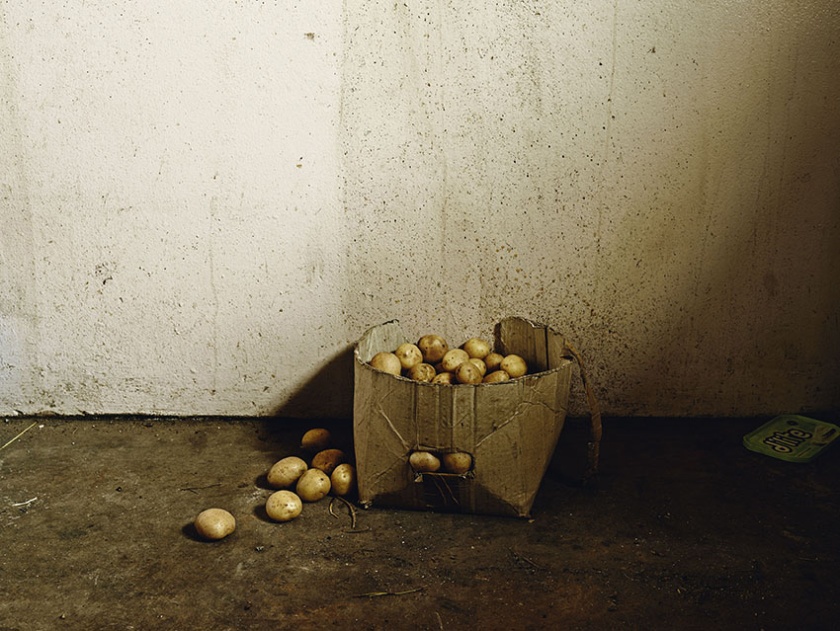
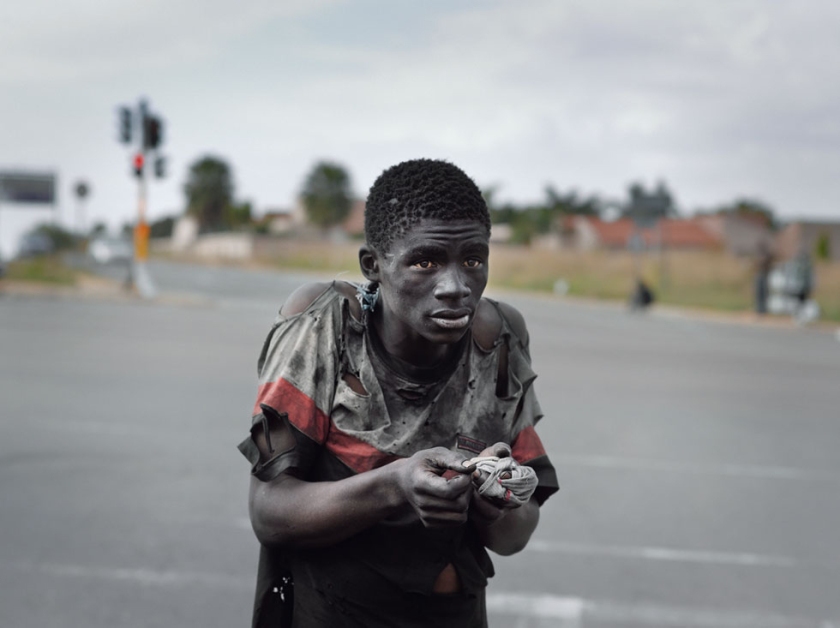
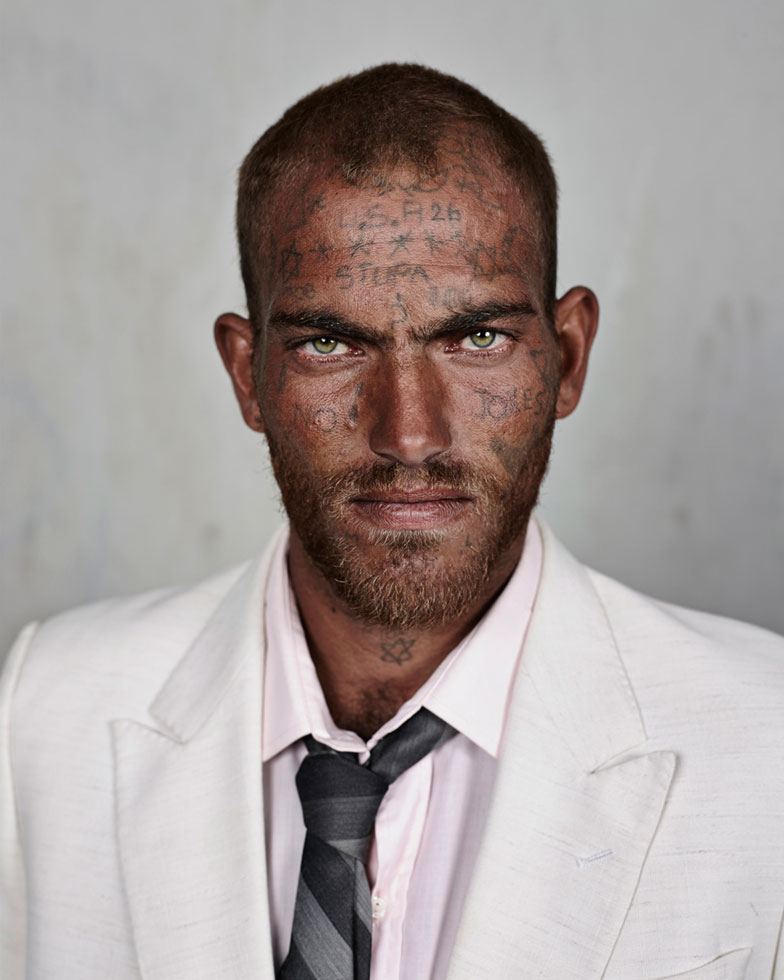
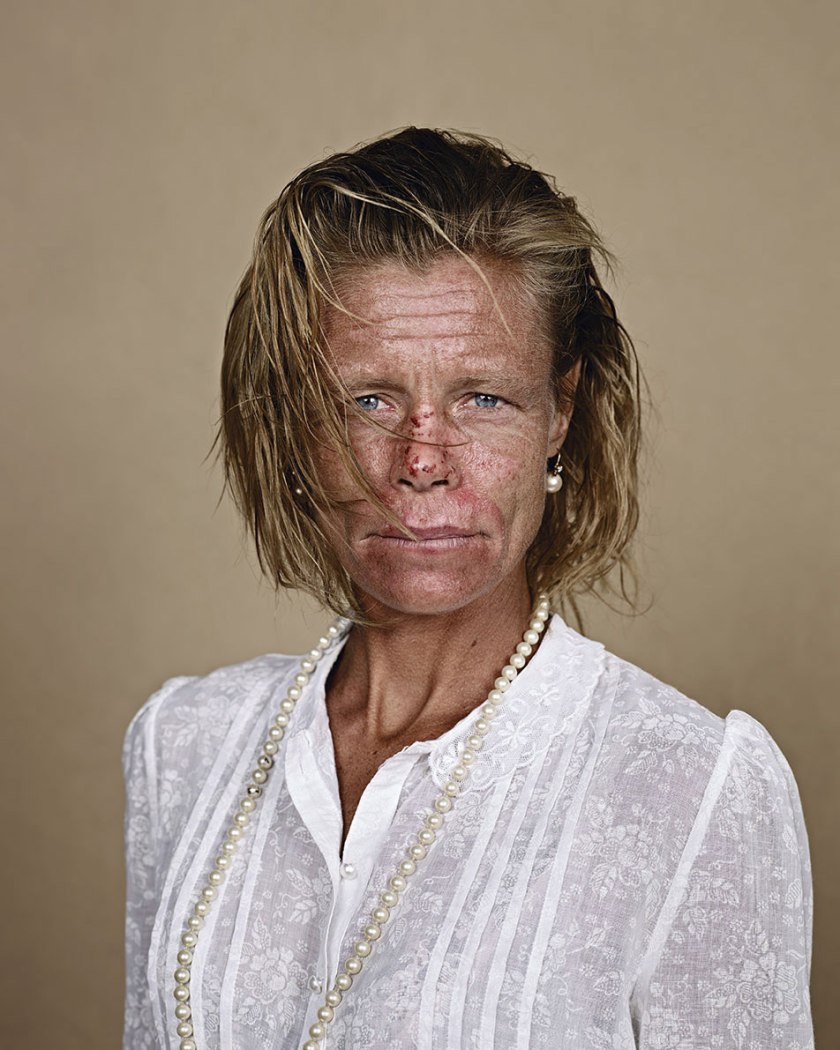
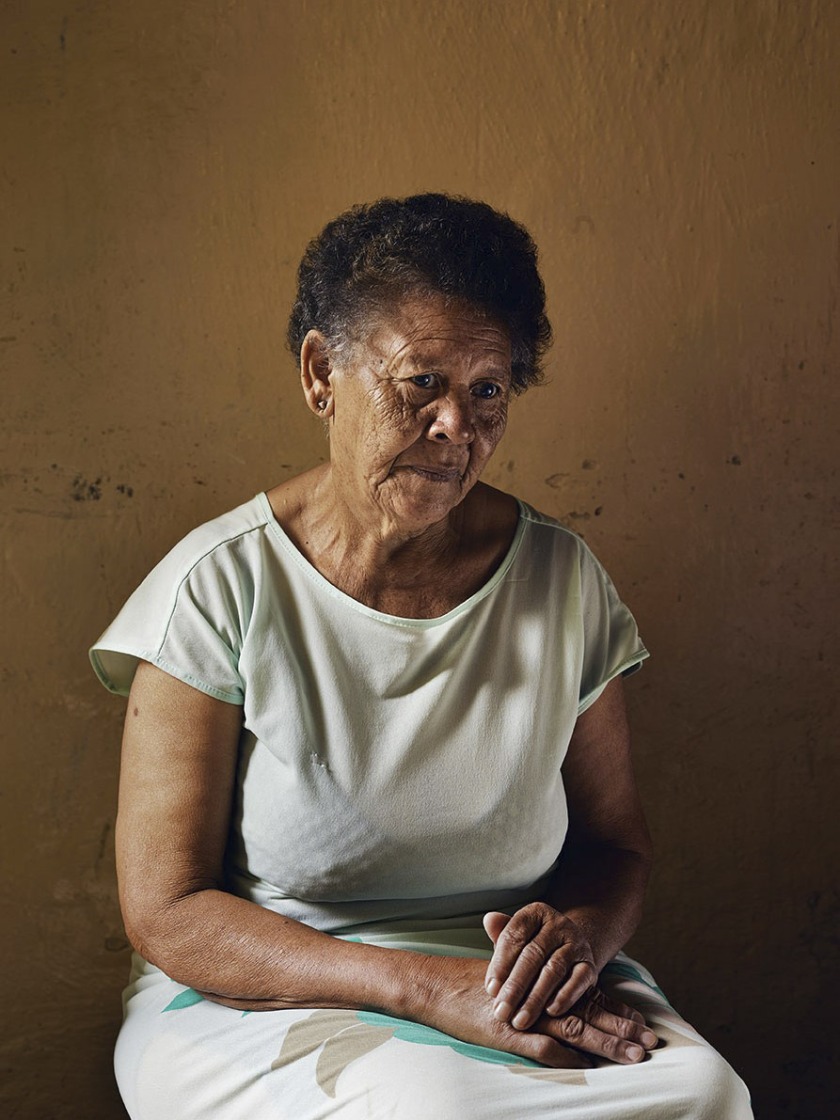
You must be logged in to post a comment.